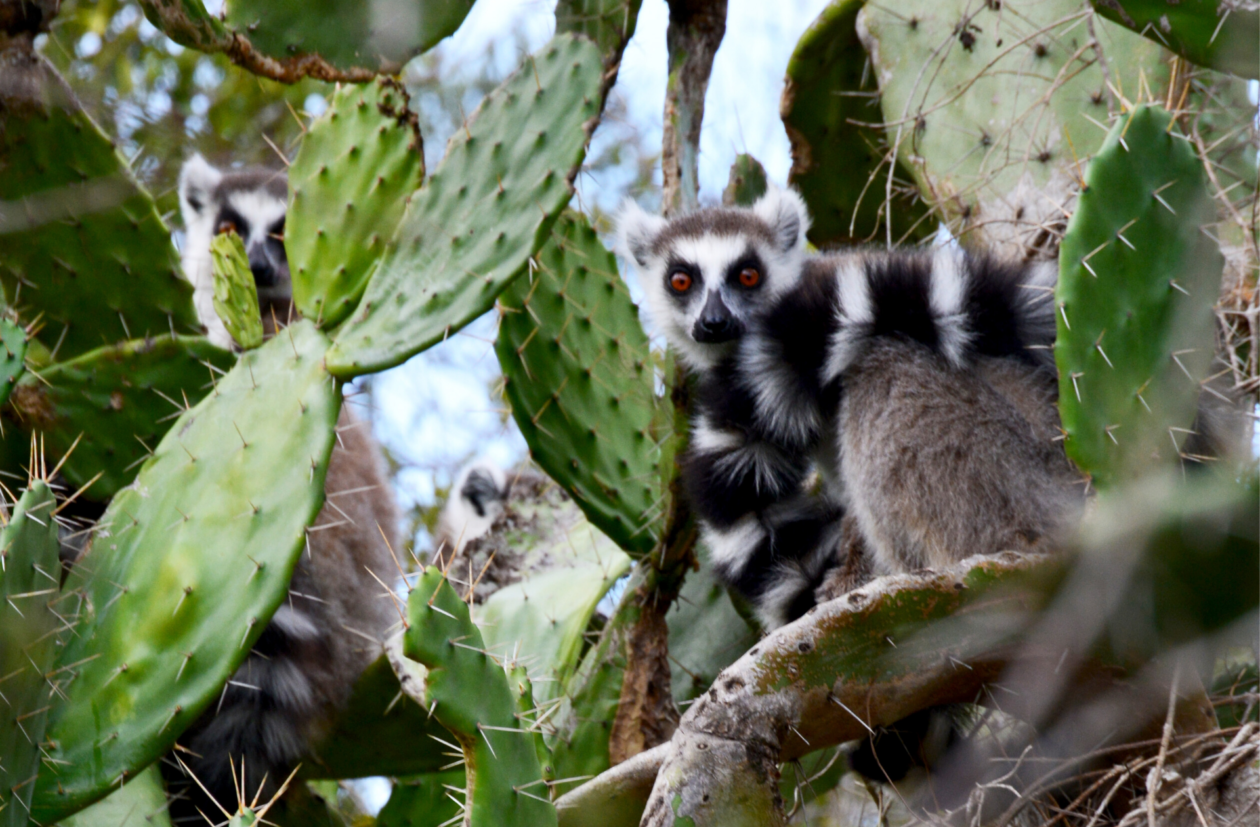And Why Environmental Justice is More Important Than Ever

Want to prevent the next pandemic?
Of course you do. That’s why you’re staying at home, wearing a mask, and washing your hands, just like the rest of the world.
There’s one more thing that you can do, and this one is likely the most important.
Protect our planet.
We know now that the novel coronavirus, what we call COVID-19, originated at a live wildlife market in China. This market put people in close proximity with animals, also in close contact with one another, increasing the chances for zoonotic diseases to pass from one species to the other. But live wildlife markets aren’t the main cause of the problem.
As people encroach upon natural habitats, disturbing wildlife and changing the ecosystem, the risks of infections and pandemics such as this one increase. For example, widespread deforestation leads to a higher likelihood for viruses such as COVID-19 to pass between animals and people.
As humans, we’ve been detrimentally effecting delicate ecological systems for hundreds of years. As we dig into the earth for oil reserves and minerals, log forests to expand farming and build cities, roads, and homes, and throw trash into the world’s precious oceans, we’re constantly changing the environment and impacting our own access to clean air, water, and soil – the resources we depend on for survival.
Since 1993, Global Greengrants Fund has been mobilizing resources to grassroots activists around the world working to protect both people and planet. Our grantees are challenging extractive industries and the construction of hydroelectric dams, developing resilience and adaptation strategies to deal with the impacts of climate change, replanting forests, and developing livelihoods and ways of life that allow them to live in harmony with the environment.
This work is now more important than ever before.
The impacts of the pandemic are widespread, yet we know that vulnerable and marginalized communities will be more susceptible to the negative effects, just as they are when it comes to climate change. And the effects don’t start and end with the public health implications associated with the virus. As economic, political, and cultural systems crumble, access to food, clean water, income, and other resources go with them, especially for vulnerable populations.
It is more important than ever that flexible sources of funding are available to Indigenous communities, women, youth, those with disabilities, and people of color as the pandemic continues to spread across the globe. Our grantees and advisors are continuing their work addressing environmental and social injustices, work that is now demonstrative of how essential it is for us to take action and change the status quo. As our ability to trust governments, economies, and societal norms lessens, the trust we place in people and community-led solutions grows.
Our grantees are fighting at the local level for a clean energy future, adapting lessons from the fight against the pandemic to the fight against climate change, and continuing to mobilize in a shrinking civil society space for the issues that matter most.
It is clear that the time is now to protect our forests, our oceans, our mountains, our rivers, our deserts, and all the wild places we hold dear. We stand in solidarity with those on the frontlines. Join us.
